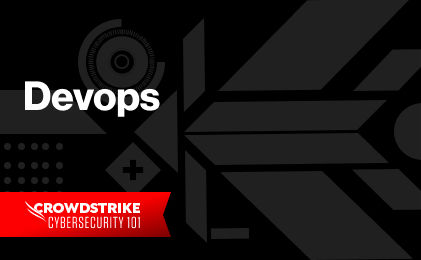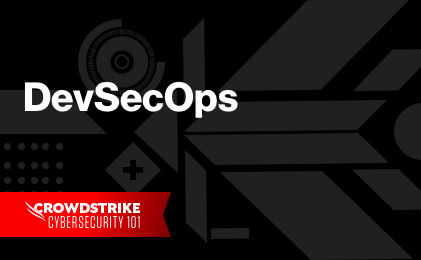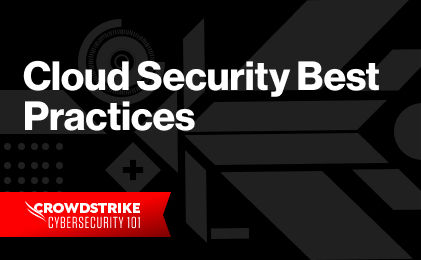Master CNAPPs for Superior Cloud Security
Master CNAPPs for Superior Cloud Security
Though many businesses use DevOps and DevSecOps to create and maintain code efficiently and securely, some struggle to understand the difference between DevSecOps vs. DevOps. The two models are similar and share many aspects, but they are not the same. To choose the right model, it’s important to consider the key similarities and differences between DevOps and DevSecOps.
Understanding DevOps and DevSecOps
DevOps is a collaborative organizational model that brings together software development and operations teams. DevOps helps IT departments meet expectations and improve efficiency. Organizations adopting a DevOps approach generally hire or train generalists rather than specialists — DevOps engineers will often have knowledge and background in both coding and system administration.
DevSecOps is the practice of integrating security throughout the software development life cycle (SDLC). It grew out of the DevOps movement and builds on that same framework. This model becomes vital when working in the cloud, which requires following specific security guidelines and practices.
Because both models share cultural similarities and focus on collaboration and automation, it can be easy to confuse them, but they address different business goals. A helpful way of thinking of DevOps vs. DevSecOps is that all DevSecOps teams use DevOps, but not all DevOps teams use DevSecOps.
DevOps focuses on communication between different teams to achieve greater efficiencies and foster a sense of productive collaboration. The goal is to break down silos and reduce bottlenecks that have traditionally led to a slower SDLC.
DevSecOps focuses on “shifting security left” into active development instead of addressing it after code has been completed. The goal is to strengthen deployment security and compliance by addressing security concerns as they arise.




